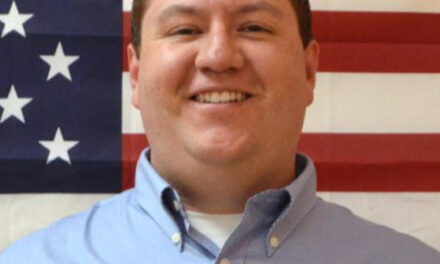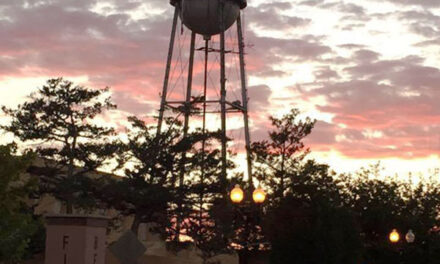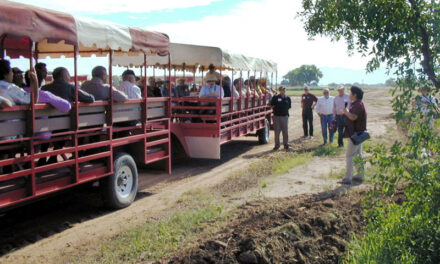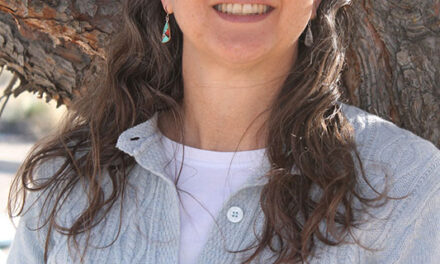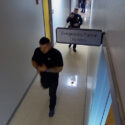When the planes slammed into the World Trade Center, I was asleep. I had worked late the night before and had a long night ahead as an on-call physician in a busy trauma hospital. I watched in awed horror with the rest of America as the tragedy unfolded throughout the day. At 4:30 p.m., I reported for work, having to pass through security for the first time just to get into the hospital.
On the West Coast that day, a family received good news — their son was to get a long-awaited liver transplant. He had been waiting for five years for a suitable organ, and it was almost too late. The child was in intensive care, barely alive. Before I walked into work, someone in our hospital had been pronounced brain dead, and the family had consented to organ donation.
I am an anesthesiologist, the kind of doctor who renders patients insensible for surgery and maintains their life during the operation. It is strange to provide anesthesia for taking organs for transplants. The operation is called an organ harvest, and my job is to keep the heart, kidneys and other organs functioning as best as they can to remain healthy for their new owners. Once the organs are removed or the heart stopped, I walk away. My job is over.
The most important part of my work, waking the patient safely, cannot be done. I always feel a tumult of emotions. As many as four or five people may have a new life as a result of someone donating their organs. But the person I leave on the table has a family, too, and they are grieving. For some families, knowing that someone else has a new chance of life as a result of their loved one’s death is the only thing that makes sense at an otherwise senseless time.
When I got to the operating room, the nurses were getting ready for the harvest. We were to take the heart, both kidneys and the liver, as well as bone and skin for tissue banks. My anesthesia resident and I got the various drugs ready.
When the brain dies, the rest of the body follows quickly, and it requires a lot of medication to keep the donated organs in good shape. There is a delay as organ teams from all over the nation fly to the site for harvest. It is not unusual to have several institutions represented in the O.R., each with a critically ill patient waiting at home. The room was strangely empty this time, and the transplant coordinator came in to give us the bad news.
“We can only take the kidneys. They can go to local recipients,” she said grimly.
“What about the liver and the heart? I thought we had matched both organs,” I replied in surprise.
“You don’t understand. The other teams can’t fly in to harvest or fly out to transplant. All the planes, all over the nation, are grounded. Remember?”
No, I hadn’t remembered, and I hadn’t even begun to realize what that would mean for medical emergencies everywhere. “What about the kid for the liver?”
“There’s nothing we can do. He’ll probably die in the next day or two. His family is just devastated.”
We went ahead with the harvest, and two people in our area got new kidneys that night. I hope they did well. My heart was with the family on the West Coast, with their hopes raised and dashed in such a short time.
When I think about September 11, 2001, I think of the boy who died because we couldn’t get the liver he needed to him. When I see the tally of the deaths from the World Trade Center, I think of the boy who died because we couldn’t get the liver he needed to him. When I see the tally of the deaths from the WTC, I think of one who will never be counted.
Dr. Jan Pankey
Peralta
The Valencia County News-Bulletin is a locally owned and operated community newspaper, dedicated to serving Valencia County since 1910 through the highest journalistic and professional business standards. The VCNB is published weekly on Thursdays, including holidays both in print and online.

